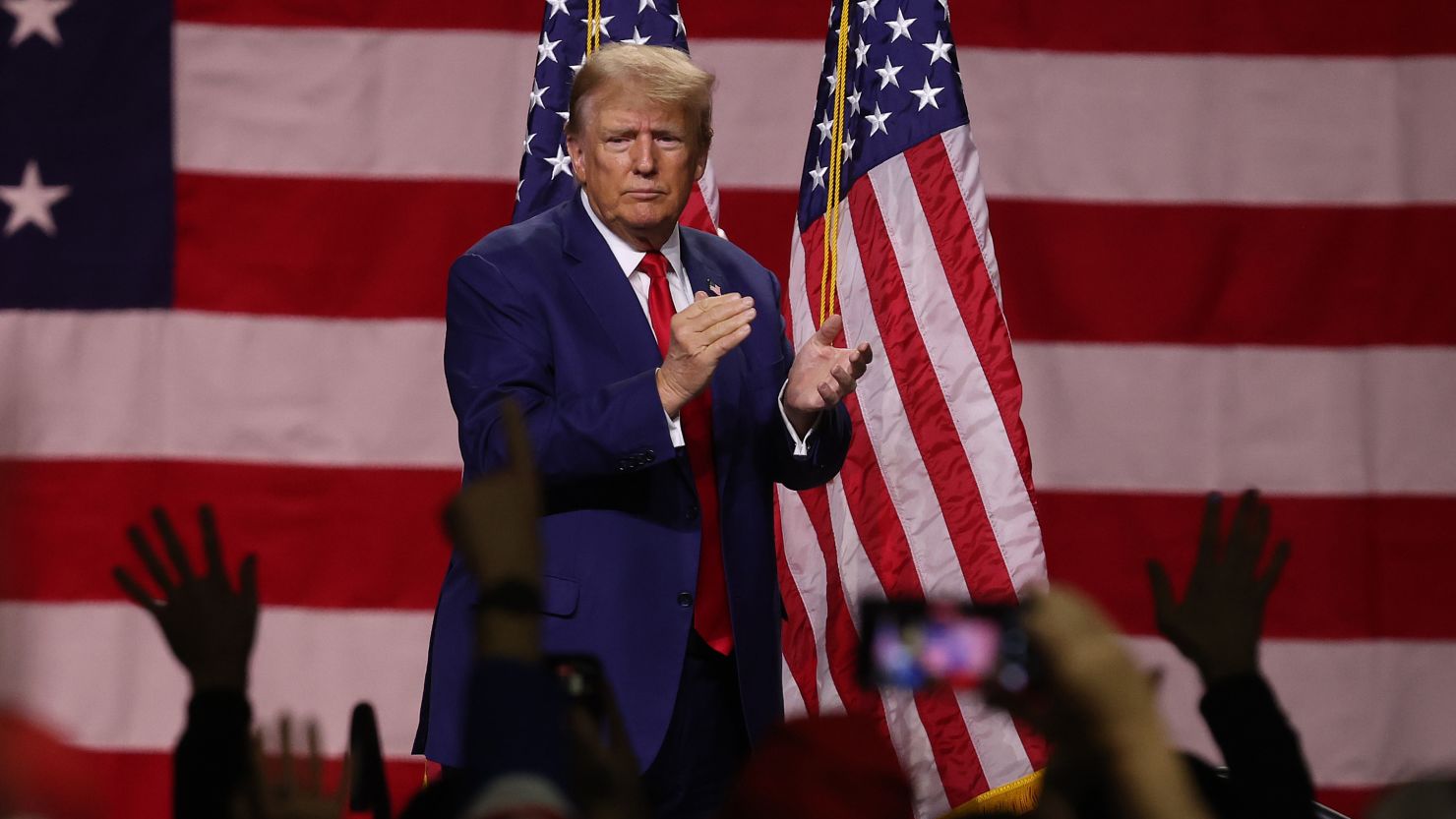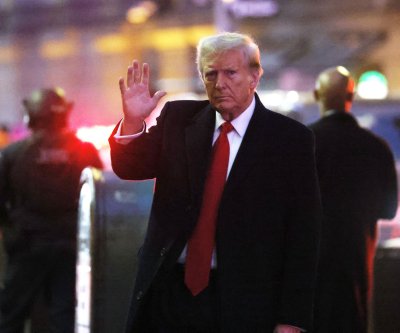The eligibility of former President Donald Trump to seek re-election under the Fourteenth Amendment is set to be considered by the U.S. Supreme Court. On Tuesday, the Illinois State Board of Elections unanimously voted to reject a petition aimed at preventing Trump’s inclusion in the primary ballot, following Massachusetts in reaching a similar decision.
A three-person panel from the Massachusetts Supreme Judicial Court had already dismissed a petition on Monday, questioning Trump’s eligibility. The Illinois board, comprising eight members, echoed this stance by dismissing the challenge to the former president’s eligibility. The petition in Illinois had been filed on January 5 by a group of five voters and the organization Free Speech For People.

Illinois and Massachusetts Reject Challenges to Donald Trump’s Eligibility for Ballot (Credits: CNN)
Both Free Speech For People and the Massachusetts law firm Lichten and Liss-Riordan filed an appeal last week, arguing that Section 3 of the Fourteenth Amendment prohibits Trump from holding office. Courts in Maine, Michigan, and Minnesota have also rejected attempts to exclude Trump from the ballot as he campaigns for the Republican presidential nomination.
The Illinois Board of Elections clarified that it lacks the authority to determine Trump’s eligibility. Justice Frank M. Gaziano, in the Massachusetts case, stated that the issue was not “ripe” as Trump had not been officially declared the Republican nominee.
He emphasized that the Constitution’s provision does not apply to Trump’s position on the primary ballot, given that he did not secure a spot through the submission of nomination papers or any certificate of nomination.
Gaziano highlighted that the matter of Trump’s eligibility under the Fourteenth Amendment is scheduled to come before the U.S. Supreme Court. The high court had agreed to review the decision by the Colorado Supreme Court to exclude Trump from the primary ballot earlier in the month.
The Trump campaign’s spokesperson, Steven Cheung, praised the Massachusetts court’s decision in a campaign email on Monday, characterizing it as another “crushing defeat” for “left-wing activist groups.” The Fourteenth Amendment challenge in Colorado had been initiated by a group of Republican voters and the nonpartisan watchdog organization Citizens for Responsibility and Ethics in Washington. Similar challenges by Republican voters have emerged in other states.























